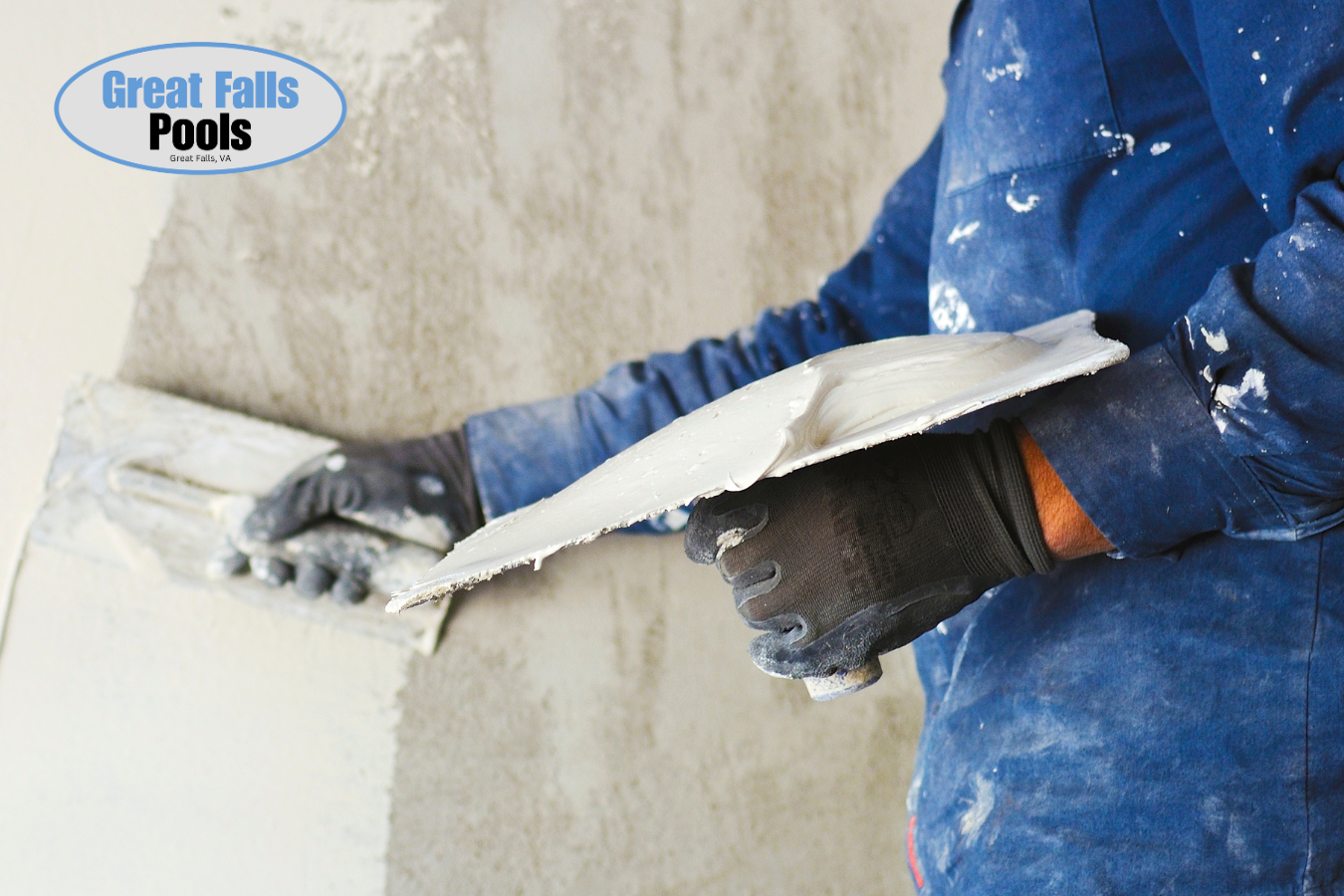A swimming pool is a valuable addition to any home, but over time, its surface can deteriorate due to constant use, chemical exposure, and weather conditions. Cracks, stains, and rough textures not only affect the pool’s appearance but can also lead to structural damage if left untreated. Hiring professional pool resurfacing contractors can restore durability, improve aesthetics, and prevent costly repairs. If your pool is showing signs of wear, resurfacing can protect your investment and extend its lifespan.
Why Pool Resurfacing Is Important
Even with regular maintenance, pool surfaces degrade over time. Factors like fluctuating pH levels, UV rays, and natural aging can cause the finish to weaken. Small surface issues can quickly escalate into expensive repairs if not addressed. Resurfacing adds a protective layer, ensuring a smooth, durable, and long-lasting finish.
A well-maintained pool not only looks more inviting but is also easier to care for. Rough or damaged surfaces can trap dirt and algae, making cleaning more difficult. Resurfacing helps maintain a cleaner, more efficient pool.
Signs Your Pool Needs Resurfacing
If you notice any of the following issues, it may be time to call pool resurfacing contractors:
- Rough or Uneven Surfaces: A worn surface can cause discomfort and make maintenance more challenging.
- Visible Cracks or Chips: Small cracks can expand over time, leading to leaks and structural concerns.
- Stains and Discoloration: Mineral buildup, algae stains, and fading can make your pool look outdated.
- Water Loss: A damaged surface can lead to leaks, increasing water and maintenance costs.
- Exposed Concrete or Gunite: If the original finish has worn away, resurfacing is necessary to protect the pool’s structure.
If your pool has any of these issues, a professional resurfacing service can restore its integrity and appearance.
How Pool Resurfacing Contractors Restore Your Pool
Resurfacing involves a detailed process to remove old finishes, repair damage, and apply a fresh surface. The steps may vary based on the material used, but the general process includes:
1. Draining the Pool
Before resurfacing begins, the pool is completely drained to allow for a full inspection of the surface.
2. Preparing the Surface
Contractors remove the old finish using sandblasting, hydro-blasting, or chemical treatments. This step ensures the new material adheres properly.
3. Repairing Damage
Any cracks, chips, or rough patches are filled and smoothed out to create a stable base for the new surface.
4. Applying the New Surface
Depending on the chosen material, professionals apply plaster, pebble, quartz, or tile to create a durable, refreshed look.
5. Curing and Refilling
Once the surface is set, the pool is refilled, and water chemistry is balanced to protect the new finish.
Choosing the Best Resurfacing Material
Not all resurfacing materials are the same. The right option depends on durability, appearance, and maintenance needs.
Plaster
- Most affordable and widely used option
- Provides a smooth texture in various color choices
- Lasts around 7–10 years with proper care
Pebble
- Durable and resistant to stains
- Offers a natural, textured appearance
- Can last up to 20 years
Quartz
- A blend of plaster and quartz for added strength
- Available in a variety of colors and finishes
- Typically lasts 10–15 years
Tile
- Premium option with a high-end appearance
- Extremely durable and resistant to chemicals
- Can last for decades with proper maintenance
Consulting with professional pool resurfacing contractors can help determine the best material for your pool.
Why Professional Pool Resurfacing Is Worth It
Hiring experienced pool resurfacing contractors offers several benefits beyond improving the pool’s appearance.
1. Extends Pool Lifespan
A new surface prevents cracks, leaks, and damage, helping the pool last longer.
2. Enhances Aesthetic Appeal
Resurfacing gives the pool a fresh, updated look, with modern materials and color choices available.
3. Improves Safety
A smooth surface reduces the risk of scrapes and injuries caused by rough or deteriorating finishes.
4. Reduces Maintenance Costs
A well-maintained surface prevents algae buildup and makes cleaning easier, saving time and money.
5. Increases Property Value
A refinished pool enhances curb appeal and can add value to your home if you decide to sell.
How to Choose the Right Pool Resurfacing Contractor
Not all contractors offer the same level of quality and service. When looking for pool resurfacing contractors, consider the following:
- Experience and Customer Reviews: Look for contractors with a proven history and positive testimonials.
- Proper Licensing and Insurance: Ensure the company is qualified and insured for protection.
- Previous Work Portfolio: Reviewing before-and-after images helps assess the quality of their work.
- Material Options and Expertise: The best contractors offer a range of finishes to match your needs.
- Transparent Pricing: A detailed quote should outline all costs upfront, preventing hidden fees.
Taking time to research and compare contractors ensures you choose a skilled professional for the job.
Final Thoughts
Pool resurfacing is an essential part of maintaining a beautiful, safe, and long-lasting pool. Over time, pool surfaces wear down, leading to costly repairs and higher maintenance needs. Hiring professional pool resurfacing contractors can restore your pool’s durability, improve its appearance, and make upkeep easier.
If your pool needs resurfacing, Great Falls Pools offers expert solutions tailored to your needs. Our team delivers high-quality finishes that protect your investment and enhance your backyard. Contact us today to schedule a consultation and give your pool a fresh, new look.



